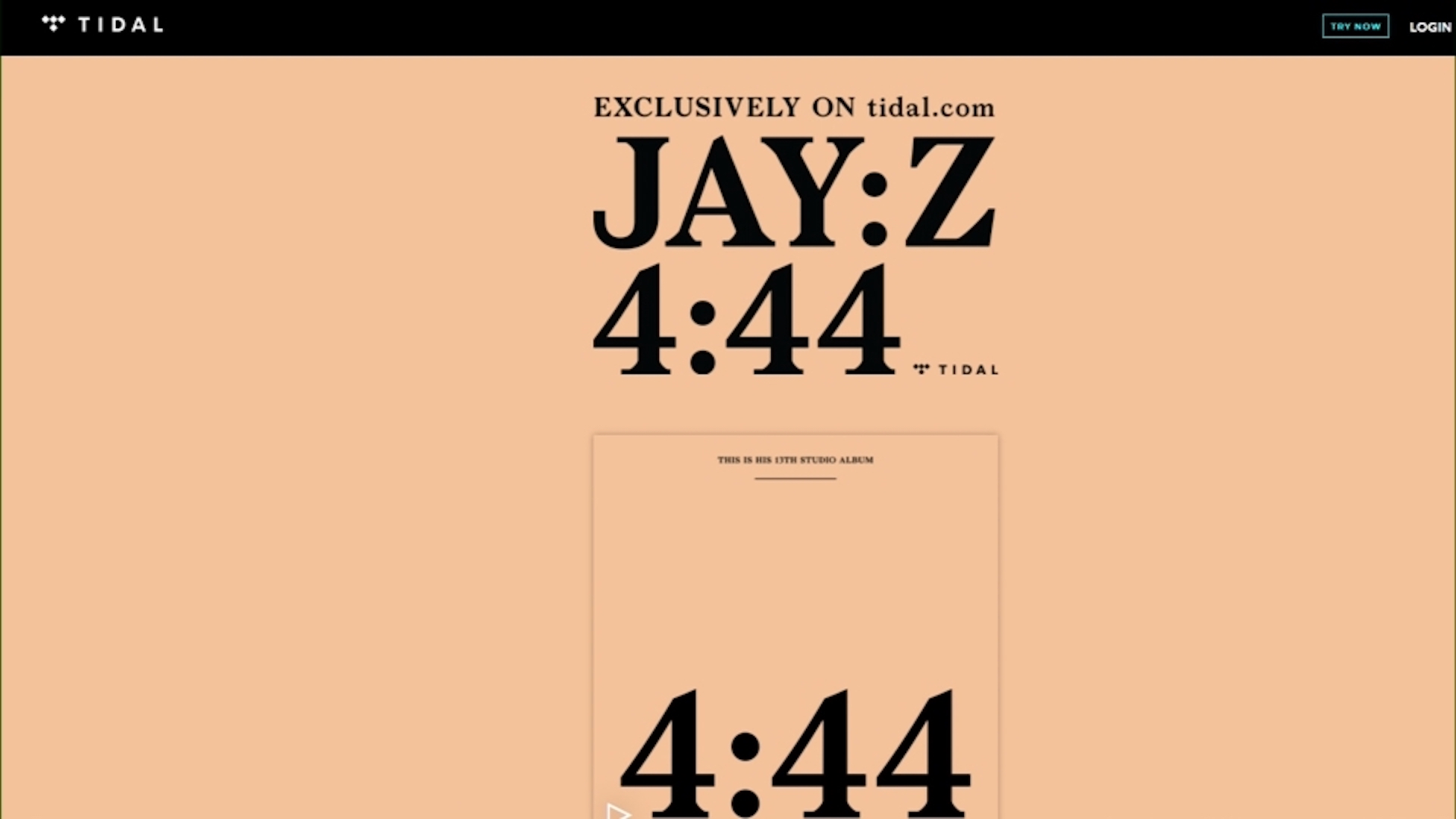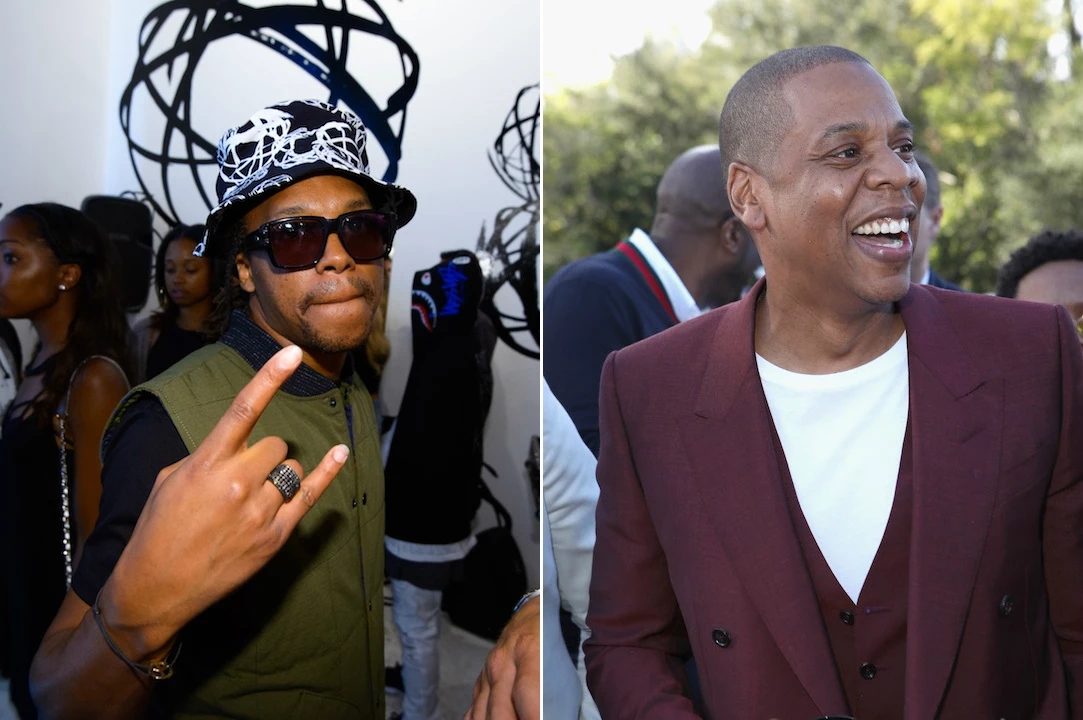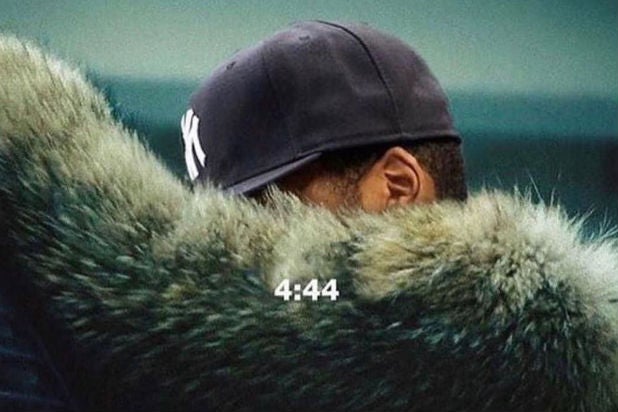
That “financial freedom” bit is the key to the whole record, as every fiscal koan here translates to F-A-M-I-L-Y as his ultimate justification for everything, though it obviously isn’t. At one point, Frank Ocean sings the word “solipsistic.” There’s just so much invaluable verbiage here: “I told ‘em please don’t die over the neighborhood,” “Financial freedom my only hope,” “He was preaching on Sundays versus how he was living Monday.” Plenty of times he sounds like a grouchy, old man compensating for his past (“You wanna know what’s more important than throwing away money in the strip club? Credit”), and he makes that worth hearing, too.
#Jay z 444 review full
This is a world-class JAY-Z State of the Union album, full of heavy burdens (“Rich nigga, poor nigga, House nigga, field nigga” is a chant he cycles through several times on “The Story of O.J.”) and lightweight puns (“eyeful”/”Eiffel” is a fave). “4:44” is a plainspoken collection of apologies of the same length, not just to Beyoncé (in whom he personifies an Isley Brothers reference) but to all the women whose emotions he’s “played with.”īut there’s just so much more to this amazing record than a Lemonade response. It’s this tune and the literal centerpiece, “4:44”, raising the most eyebrows because they confirm Lemonade to be true and because the old hound shows us a side of himself he’d never bothered with back when he was fucking women at 6 a.m. Then there’s the cheating, where he pauses (“I don’t even know what else to say”) before contrasting his own iconic wife’s situation with that of Halle Berry’s and smacking himself upside the head (“Never go Eric Benet!”). Opener “Kill Jay Z” (no hyphen there, weird) owns up to just about everything upfront - “You’ve got people you love you sold drugs to,” shooting his own brother, stabbing Un Rivera at a Q-Tip album release party in 1999, and even taking ownership for Solange Knowles’ infamous assault of him in an elevator. They’re often built on skeletons of expensive soul samples by Nina Simone or Stevie Wonder and further cut up into arresting shards for the master of ceremonies to interact with, yet they don’t distract from his astounding evolution towards an echelon of wordplay that matches his younger self’s precision while refusing to conceal his feelings or his responsibilities. Carter here are thoughtful, abstract, and most importantly, beautiful. It’s only fitting that a fellow multi-generational hip-hop architect, No I.D., produced the entire record, sporting a pedigree that includes Common’s 1994 breakthrough, Resurrection, Kanye West’s two most game-changing albums ( 808s and Heartbreak, My Beautiful Dark Twisted Fantasy), and most recently, Vince Staples’ steely, claustrophobic Summertime ’06. Even though it’s only 36 minutes long, 4:44 is the first JAY-Z album where you’re hanging on every single word from start to finish, because the words have about four times as many meanings as they did on any of his dozen solo albums prior. On the amazing “Moonlight”, he brings up Lauryn Hill’s tax evasion as Kendrick Lamar once invoked for Wesley Snipes, as the “Fu-Gee-La” beat is interpolated behind him, with another verbal in-joke about black people being “stuck in La La Land” to play off the Oscar metaphor of the song title. To be clear, JAY-Z examines wealth under every lens on 4:44: race (the mogul longs for the gentrified Property That Got Away on “The Story of O.J.”), posthumous exploitation (Prince’s estate gets theirs on “Caught Their Eyes”), and his own posthumous funds (the self-explanatory “Legacy”). 4:44, amazingly enough, is an entire album that zeroes in on that incredible theme, the link between money and family.

This was a discussion of the man’s acquisitions and power in downright tender terms, examining his rise on a level that few other careers in the same genre ever thrived long enough to approach. On songs like “Picasso Baby”, Shawn Carter discussed his wealth in familial terms, letting his new daughter, Blue, lean on a recently purchased Basquiat painting because she owns it.
:no_upscale()/cdn.vox-cdn.com/uploads/chorus_image/image/55900319/1_vR_uiIp0rpNnRXWgN-XzJw.0.jpeg)
JAY-Z’s last album was Magna Carta… Holy Grail in 2013, minus the hyphen but embracing all caps, and it wasn’t his best by any means.

So, there’s no way 4:44 was going to be normal no matter what it sounded like. In fact, Beyoncé also made 2016’s most discussed (and also fervently beloved) album, Lemonade, and it just happened to largely concern her husband’s insinuated infidelity. But the biggest rapper of all time wouldn’t be ordinary in the slightest, and this one’s a friend of sorely missed president Barack Obama and married to Beyoncé, probably the most fervently beloved pop artist in America.

It feels completely bizarre to say that the biggest rapper of all time has only just now at age 47 released his most lyrical album ever - this being his 13 th official album and 18 th if you count his collaborations with MTV Unplugged, R.


 0 kommentar(er)
0 kommentar(er)
